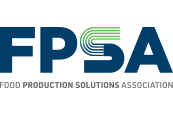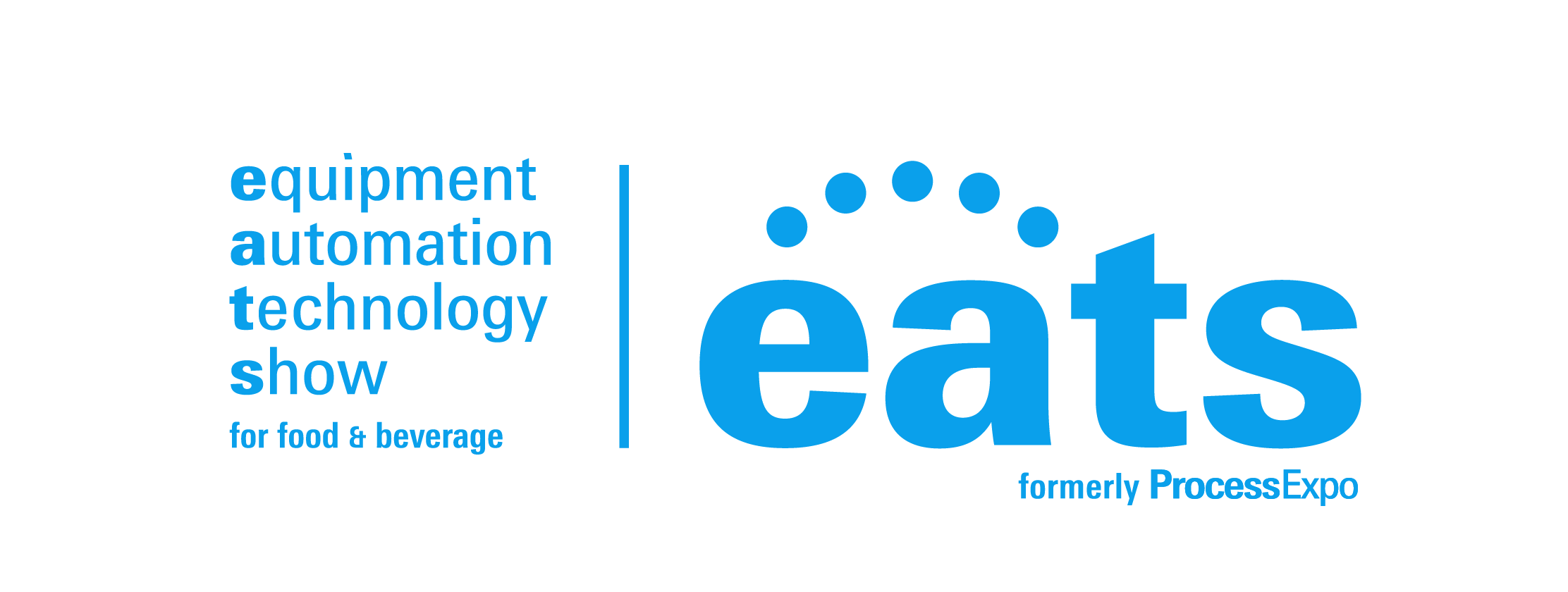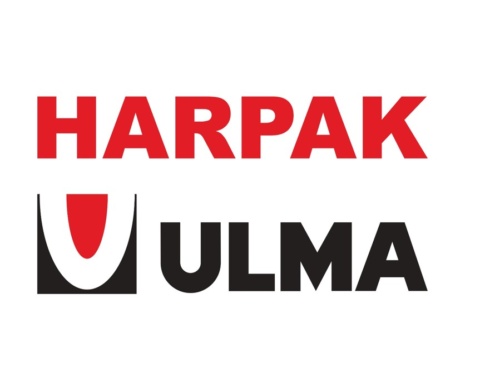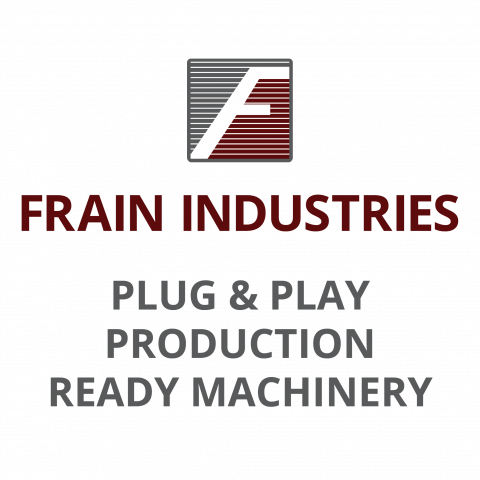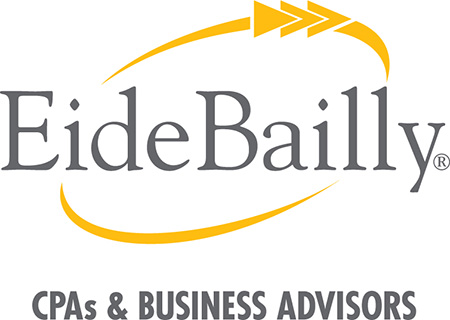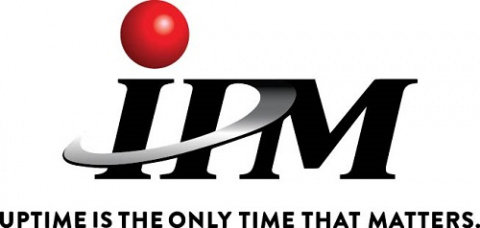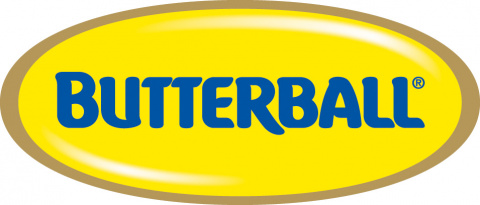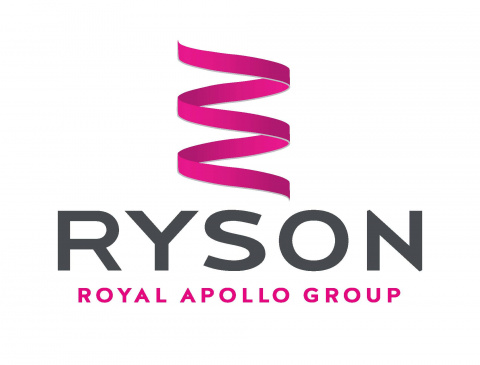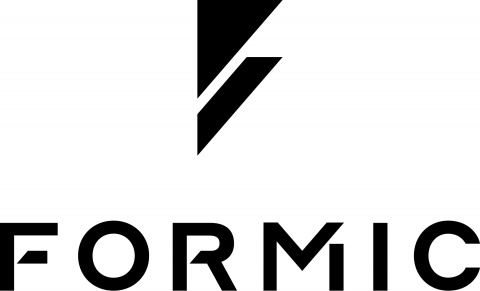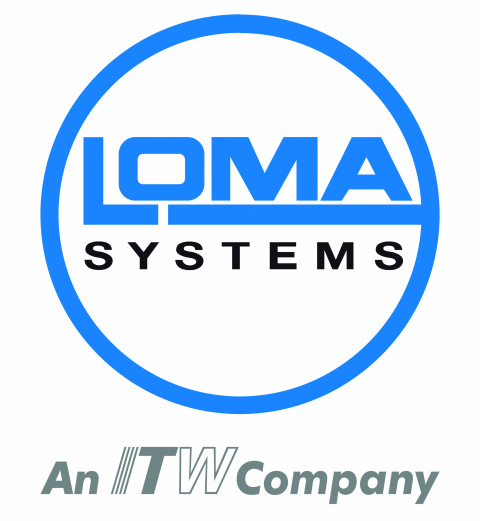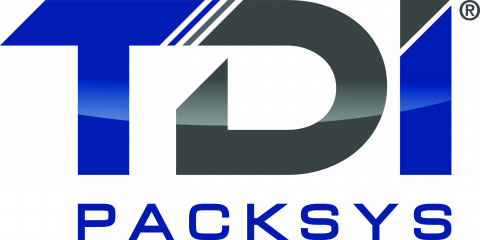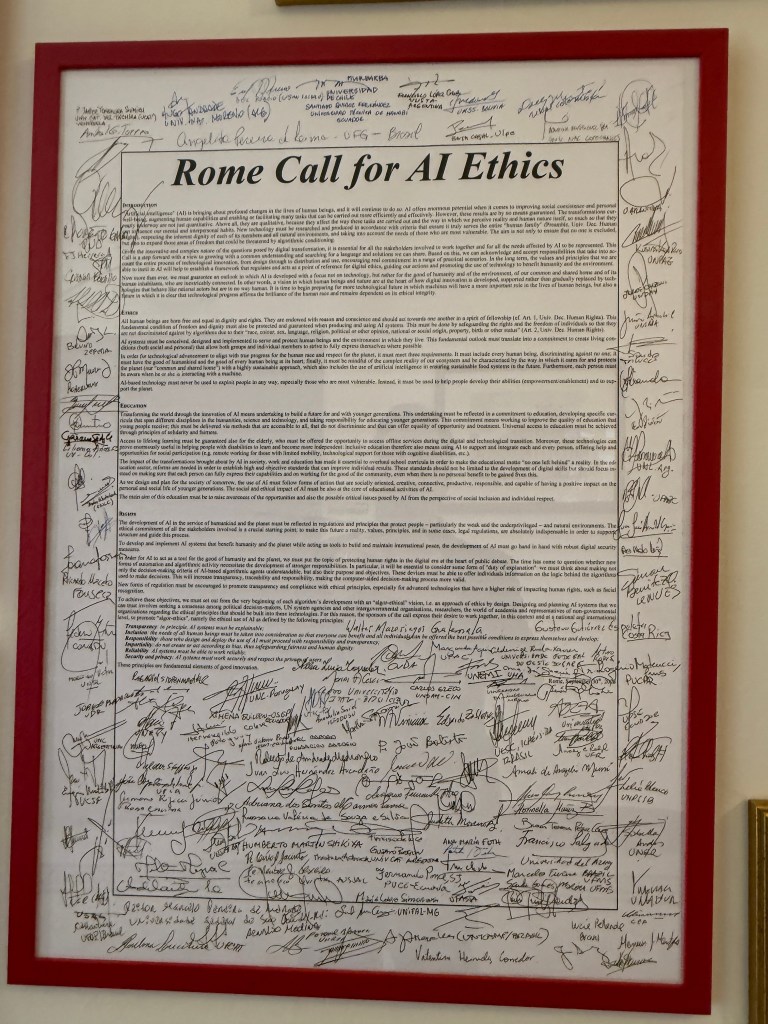
Last week, I was in Rome at the Vatican for a workshop on the ethical and social implications of artificial intelligence and automation in our food system.
The workshop was part of an ongoing three-year NIH-funded project focused on the ethics of AI in food. It took place at the Vatican’s Pontifical Academy for Life, the same institution that played a pivotal role in 2020 in getting Microsoft, IBM, and others to sign the Rome Call for AI Ethics, a cross-sector commitment to develop AI that “serves every person and humanity as a whole; that respects the dignity of the human person.”
I was invited to provide an overview of AI in the food system to help set the stage for the day’s conversations, which featured Michelin-starred chefs, Catholic priests, journalists, authors, and professors specializing in ethics, artificial intelligence, and more. I walked through some of the developments I’ve seen across the food system—in agriculture, next-gen food product development, restaurants, and the home. As I wrote recently for The Spoon, today “every major food brand has made significant investments — in people, platforms, products — as part of the AI-powered transformation.”
I posed questions like: What happens when AI dictates what we eat? Or if it engineers the “perfect sandwich”—something so addictive it floods demand and strains supply chains, as Mike Lee has imagined? What does it mean when a company builds a proprietary food AI trained on global culinary data? Does that dataset become the intellectual property of one corporation? And if AI can tailor nutrition down to the molecule, who controls those insights?
These are not just technical questions. They’re questions with deep implications for humanity.
One thing was clear throughout the day: everyone in the room recognized both the promise of AI as a tool for addressing complex challenges in the food system, and the risks posed by such a powerful, society-shaping technology. Among the questions raised: How do we balance the cultural and inherently human-centered significance of food—growing it, preparing it, sharing it at the family dinner table—with the use of AI and automation across kitchens, farms, and wellness platforms?

Above: The signed Rome Call for AI Ethics
As some attendees expressed, there’s a growing concern that the “soul” of food—its role in connection, tradition, and creativity—could be lost in a world where AI plays a central role.
For obvious reasons, being at The Vatican and in Rome at this time was a bit surreal, as the two days of the workshop and the Vatican came during the same week that the College of Cardinals gathered to select the next Pope after last month’s passing of Pope Francis.
As we wrapped up our discussions, the Conclave began. And just as I was leaving Rome, white smoke rose from the chimney of the Sistine Chapel, signaling that a new pope had been chosen.
In his first address, Pope Leo XIV made it clear that he is thinking deeply about AI’s role in society, so much so that he chose his name in homage to a previous pope who guided the Church through an earlier technological upheaval.
“… I chose to take the name Leo XIV. There are different reasons for this, but mainly because Pope Leo XIII, in his historic encyclical Rerum Novarum, addressed the social question in the context of the first great industrial revolution. In our own day, the Church offers to everyone the treasury of her social teaching in response to another industrial revolution and to developments in the field of artificial intelligence that pose new challenges for the defence of human dignity, justice and labour.”
Also present at the workshop was our friend Sara Roversi, founder of the Future Food Institute. The Spoon and Future Food Institute co-founded the Food AI Co-Lab, a monthly virtual forum where experts across disciplines explore the intersection of food and AI.
Sara, Tiffany McClurg from The Spoon, and I grabbed coffee at a small café in Rome to reflect on the workshop and what it means for our ongoing work. We launched the Food AI Co-Lab in early 2024 as a space to gather our communities and talk through how AI is impacting the food system. So far, much of the conversation has focused on education—helping people understand what AI is and how to thoughtfully implement it in their organizations.
But we all agreed: the world has changed rapidly since we began. Nearly everyone is now seriously considering how to integrate AI into their companies, institutions, or personal lives. And so, the Co-Lab needs to evolve too. Our hour-long sessions, often featuring guest speakers, have been great for tracking innovation, but now it’s time to elevate the conversation. Ethics. Labor. Equity. Sustainability. These aren’t side topics—they’re central to how AI will shape the future of food.
If the world feels more chaotic than ever, one thing is certain: we need to prepare for faster, more unpredictable change. At the first workshop two years ago, most attendees were just learning about AI. There was plenty of fear about a runaway system invading the food chain.
Today, there’s greater recognition that AI is inevitable and that it can be a powerful tool for solving some of the food system’s most complex problems. There was even a bit more optimism this time.
But above all, there’s a clear understanding that we still have a long road ahead to strike the right balance: embracing AI as a tool while preserving what makes food so deeply human, so critical to our culture, communities, and shared existence.
You can learn more about the Food AI Ethics project led by Cal Poly at San Luis Obispo [here]. If you’d like to join us for future Food AI Co-Lab events, you can sign up via our LinkedIn Group or The Spoon Slack. We’ll keep you updated on upcoming events and speakers.
